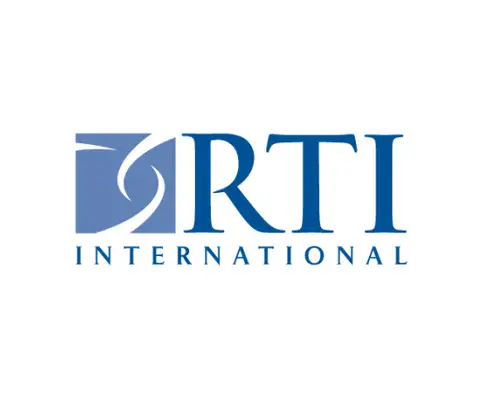RESEARCH TRIANGLE PARK, N.C. —In response to the economic impacts of the COVID-19 pandemic, researchers at RTI International, a nonprofit research institute, have developed and released an interactive map to help policymakers, organizations, and community leaders determine the most economically vulnerable locations of the U.S., at a highly local level. The rapidly changing state of the pandemic has led to startling unemployment rates across the U.S with an estimate of over 40 million people unemployed at the end of May.
RTI’s tool allows users to explore the data spatially to build a localized understanding of COVID-19 and related economic disruptions to show current economic vulnerability. It also uses RTI’s estimates of unemployment, for over 800 occupations, at a localized level to identify where and who may be experiencing vulnerability across the US.
The data is available at the U.S. Census tract level, a sub-division of a county that includes an average of 4000 people, and will give insights to leaders making decisions on where and how to allocate recovery and relief resources in a region.
“We define economic vulnerability as a multidimensional problem that increases the risk that households are not able to meet basic needs such as housing, education, and access to food and medical care.” said Laura Morrison, economist at RTI. “The onset of the pandemic, the related stay at home policies, and unemployment experienced, coupled with predisposed vulnerability factors has put the resilience of communities and households in the U.S., that were already economically vulnerable, at an increased risk. For others, this may be a new experience.”
To create the tool, researchers used publicly available data at the U.S. Census tract level, that characterized economic vulnerabilities from prior to the onset of the COVID-19 pandemic and compared it with current data describing COVID-19 related changes, such as stay-at-home policies, ability to telework, and local unemployment estimates for March and April 2020. The tool also includes current case counts and predisposed health conditions, which describe the potential health risks of local areas.
“The value of this tool is its detailed spatial data and the integration of RTI’s unique analysis of unemployment at the census tract level,” said Justine Allpress, a geospatial scientist at RTI. “Since the policies related to COVID-19 and the related economic disruptions are constantly evolving, we expect to see the tool evolve as well.”
To better understand who is unemployed and where, the map allows users to explore local unemployment dynamics. For example, clicking on a census tract will show the overall estimated unemployment rate and count for the population of the tract, and the estimated unemployment count and rate for the top three occupations with highest unemployment.
The detailed unemployment data is updated shortly after the national-level unemployment rates are announced by the Bureau of Labor Statistics.
RTI plans to release a series of more focused analyses based on learnings from the tool in the coming weeks.
To learn more about the tool, visit this link.
To use the map, click here.

- Researchers at RTI have developed and released an interactive map to help determine the most economically vulnerable locations of the U.S., at a highly local level.
- The rapidly changing state of the pandemic has led to startling unemployment rates across the U.S.
- Researchers used data at the U.S. Census tract level, that characterized economic vulnerabilities from prior to the onset of the COVID-19 pandemic and compared it with current data describing COVID-19 related changes,
To request an interview, contact our Media Relations team.

